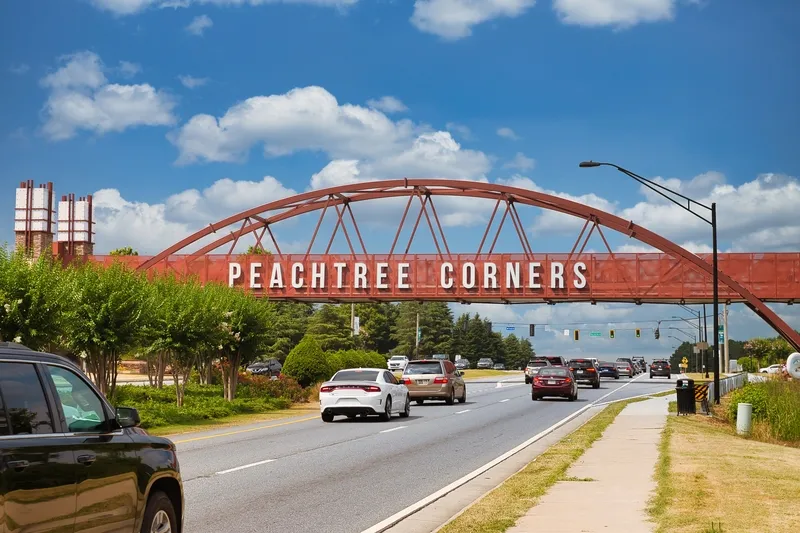Cost-effective, high-resolution light detection and ranging (LiDAR) sensors capable of long-range object detection will be necessary for high to fully-automated driving applications. Demand for 3D mapping and imaging, better overall performance, automated processing of graphic data gathering and self-sufficient sensor with best-in-class performance in low-visibility conditions are factors driving the development and adoption of LiDAR sensors within the advanced driver assistance systems (ADAS) sensor suite
January 26, 2017
Read time: 3 mins
Cost-effective, high-resolution light detection and ranging (LiDAR) sensors capable of long-range object detection will be necessary for high to fully-automated driving applications. Demand for 3D mapping and imaging, better overall performance, automated processing of graphic data gathering and self-sufficient sensor with best-in-class performance in low-visibility conditions are factors driving the development and adoption of LiDAR sensors within the advanced driver assistance systems (ADAS) sensor suite for automated passenger vehicles.
According to2097 Frost & Sullivan’s latest report, Automotive LiDAR Market for ADAS and Automated Driving, short-range LiDAR for autonomic emergency braking (AEB) is predominant in Japan and Europe. North America prefers to use radar and camera-based AEB, while Korea has high penetration of sensor fusion AEB.
“Most original equipment manufacturers (OEMs) will use LiDAR as a complement to camera and radar until a robust sensing solution is achieved,” said Frost & Sullivan Intelligent Mobility senior analyst Anirudh Venkitaraman. “Consolidation in the market has led to the emergence of a few major players such as Ibeo-ZF,84 Leddartech-8036 Valeo, Quanergy-Delphi, and ASC-Continental that will play a crucial role in technology development. This will enable cost-effective, solid-state LiDAR development for mass adoption post 2025.”
In the next four years, Frost & Sullivan believes there is a possibility of commoditisation of level-2 automation with volume OEMs, such as278 Ford, 1684 Hyundai, and 948 General Motors, introducing the technology in some of their premium offerings.
Leading players have adopted a variety of roadmaps for LiDAR:
1731 BMW is initially expected to introduce the city and highway pilot features, along with fully automated parking by 2022 on the i-8, 7-Series, and i-5. 1685 Mercedes-Benz is expected to introduce a level-3 highway pilot and an improved parking feature with the E-Class in 2017. Commercialisation of level-3 features in Ford vehicles is expected in 2025 or later, General Motors wants level-4 automation with Cadillac by 2025. 1686 Toyota is advocating intelligent systems to aid drivers, but is hesitant on committing to a fully autonomous driving timeline
After introducing an automated vehicle with LiDAR, Google is expected to compete against top OEMs in the North American market
“Mechanical LiDARs will be the only LiDAR solution enabling automated driving applications until solid-state LiDARs become the standard closer to 2020,” noted Venkitaraman. “When deployed, solid-state LIDARs will be used for level-3 and level-4 autonomous driving features like lane keeping and highway auto pilot applications, forcing the phasing out of mechanical systems by 2025.”
According to
“Most original equipment manufacturers (OEMs) will use LiDAR as a complement to camera and radar until a robust sensing solution is achieved,” said Frost & Sullivan Intelligent Mobility senior analyst Anirudh Venkitaraman. “Consolidation in the market has led to the emergence of a few major players such as Ibeo-ZF,
In the next four years, Frost & Sullivan believes there is a possibility of commoditisation of level-2 automation with volume OEMs, such as
Leading players have adopted a variety of roadmaps for LiDAR:
After introducing an automated vehicle with LiDAR, Google is expected to compete against top OEMs in the North American market
“Mechanical LiDARs will be the only LiDAR solution enabling automated driving applications until solid-state LiDARs become the standard closer to 2020,” noted Venkitaraman. “When deployed, solid-state LIDARs will be used for level-3 and level-4 autonomous driving features like lane keeping and highway auto pilot applications, forcing the phasing out of mechanical systems by 2025.”








